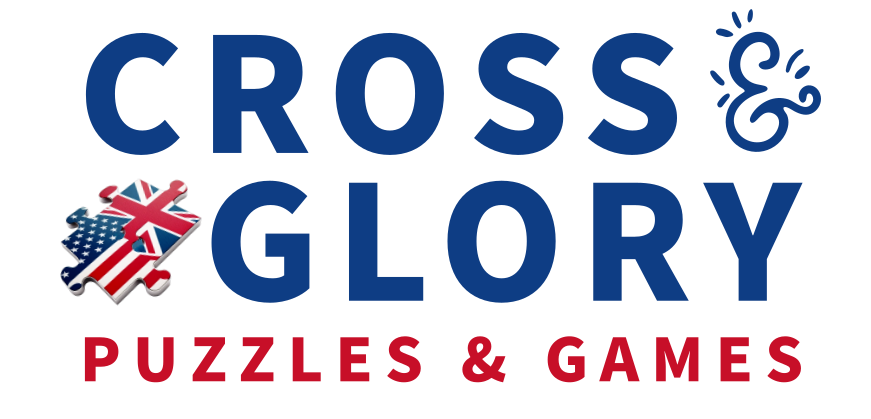Mastering Puzzles: A Boost for Cognitive Function
Alzheimer's disease slowly wears away at cognitive function. But consistent cognitive stimulation, like what is provided by jigsaw puzzles, can help slow the disease's progression. Learning to unlock the secrets of puzzle mastery not only enriches the experience of puzzle-solving but also sharpens and strengthens the mind, creating a beneficial activity for Alzheimer's therapy.
The Right Jigsaw for Your Skills and Interests
When choosing a puzzle for Alzheimer's prevention or therapy, considering the person's skills and interests can enhance the benefits. A puzzle featuring an image of a beloved place or a favorite work of art can evoke memories and emotions, stimulating deeper cognitive function. Choosing the right jigsaw for your skills and interests enhances the therapeutic value of puzzle-solving, creating a connection that goes beyond the act of fitting pieces together.
Boost Your Mental and Physical Well-being
Jigsaw puzzles are more than just a fun activity; they're also a means of boosting your mental and physical well-being. Completing a puzzle requires patience, focus, and physical coordination—all of which can be beneficial for those dealing with Alzheimer's. The act of puzzle-solving boosts mental and physical well-being by encouraging mindfulness, reducing stress, and improving hand-eye coordination.
In this section of the article, we've looked into the art of puzzle-solving and the benefits it provides, especially for Alzheimer's prevention and therapy. In the final part, we'll take a nostalgic trip to the past with a brief history of jigsaw puzzles, the elements of high-quality puzzles, and some of the top jigsaw companies in the United States.
To be continued...

